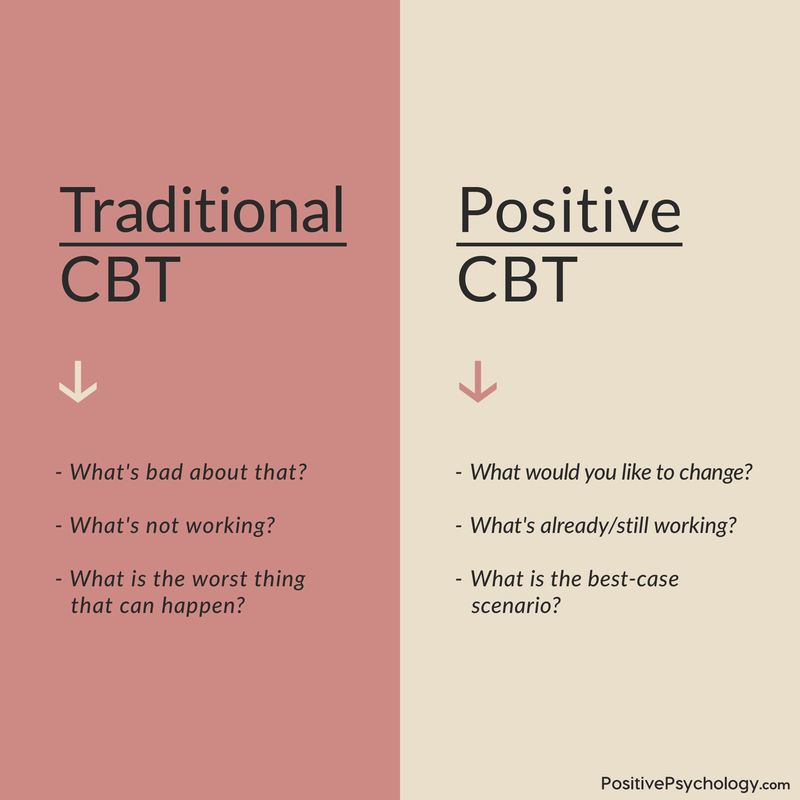Cognitive Behavior Therapy (CBT) is a widely used form of psychotherapy that focuses on identifying and changing negative thought patterns and behaviors. CBT has been proven to be effective in treating a variety of mental health conditions, including anxiety, depression, and PTSD. One of the key components of CBT is the use of worksheets to help individuals track their thoughts and behaviors.
CBT worksheets are tools that therapists use to help clients identify their thoughts, emotions, and behaviors, and how they are interconnected. By completing these worksheets, clients can gain insight into their patterns of thinking and behavior, and learn how to challenge and change them.
Cognitive Behavior Therapy Worksheets
One common type of CBT worksheet is the thought record, which helps individuals track their negative thoughts and identify the cognitive distortions that may be contributing to their negative emotions. By challenging these distortions and replacing them with more balanced thoughts, clients can learn to better cope with stress and improve their overall mental well-being.
Another type of CBT worksheet is the behavior log, which helps individuals track their behaviors and identify patterns that may be reinforcing negative thoughts and emotions. By becoming more aware of these patterns, clients can develop strategies to change their behaviors and break the cycle of negative thinking.
CBT worksheets can also be used to help individuals set goals, track their progress, and develop coping strategies for managing difficult situations. By regularly completing these worksheets, clients can take an active role in their therapy and make lasting changes in their thought patterns and behaviors.
In conclusion, cognitive behavior therapy worksheets are valuable tools that can help individuals gain insight into their thoughts and behaviors, challenge negative patterns, and develop healthier coping strategies. By working with a therapist to complete these worksheets, individuals can take an active role in their therapy and make meaningful changes in their mental well-being.
